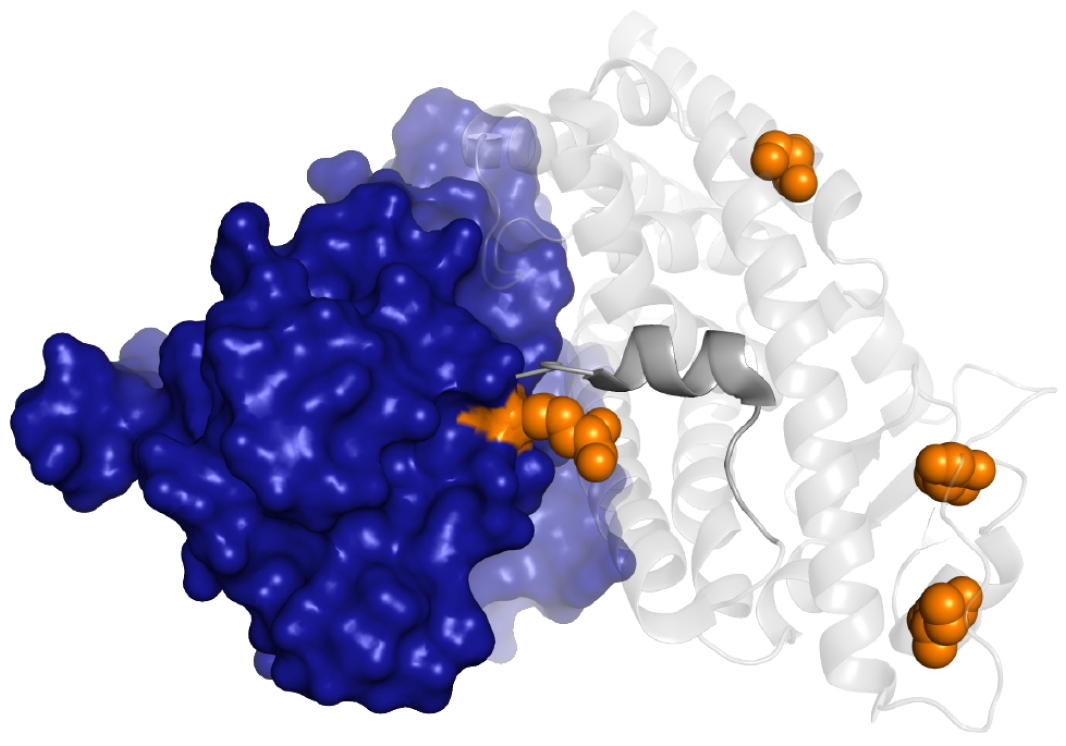FX-909
Flare Therapeutics’ lead asset, FX-909, is currently undergoing its Phase 1 study of a first-in-human, dose-escalation and expansion study in patients with advanced solid malignancies, including advanced urothelial carcinoma.
The study is evaluating the safety, tolerability, pharmacokinetics, pharmacodynamics and clinical activity of FX-909. FX-909 will be given initially in a dose-escalation phase (Part A) to determine the recommended Phase 2 dose. FX-909 will be given initially orally once daily in 28-day cycles. Part B will be a monotherapy expansion phase to further evaluate the efficacy, safety, tolerability, pharmacokinetics, and pharmacodynamics of FX-909 in patients with locally advanced (unresectable) or metastatic urothelial carcinoma. Additional information on this clinical trial can be found on www.clinicaltrials.gov (NCT05929235).

COMPASSIONATE USE POLICY
Compassionate use, also called expanded access, refers to a pathway in which patients with serious or immediately life-threatening diseases may gain access to an investigational therapy outside the context of participation in clinical trials. At this time, Flare Therapeutics does not have an expanded access program that allows patients to have access to our investigational products prior to FDA approval.
